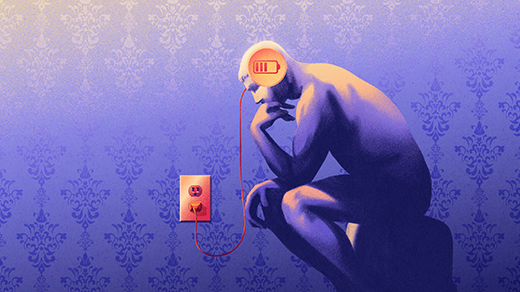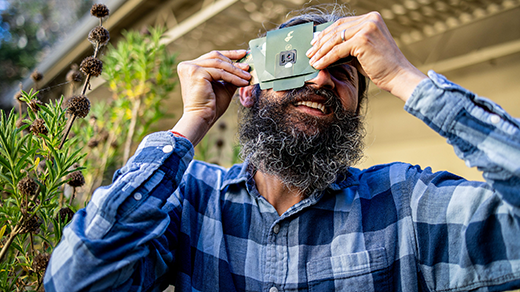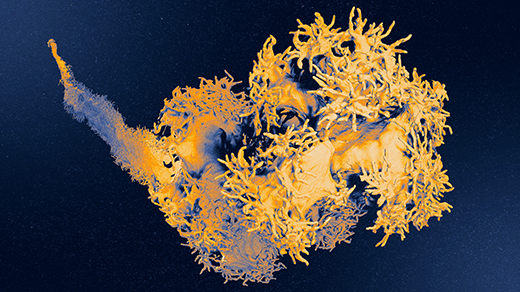What's up in
Biology
Latest Articles
How Much Energy Does It Take To Think?
Studies of neural metabolism reveal our brain’s effort to keep us alive and the evolutionary constraints that sculpted our most complex organ.
How Paradoxical Questions and Simple Wonder Lead to Great Science
Manu Prakash works on the world’s most urgent problems and seemingly frivolous questions at the same time. They add up to a philosophy he calls “recreational biology.”
‘Turbocharged’ Mitochondria Power Birds’ Epic Migratory Journeys
Slight changes in the number, shape, efficiency and interconnectedness of organelles in the cells of flight muscles provide extra energy for birds’ continent-spanning feats.
How the Universe Differs From Its Mirror Image
From living matter to molecules to elementary particles, the world is made of “chiral” objects that differ from their reflected forms.
The Molecular Bond That Helps Secure Your Memories
How do memories last a lifetime when the molecules that form them turn over within days, weeks or months? An interaction between two proteins points to a molecular basis for memory.
AI Is Nothing Like a Brain, and That’s OK
The brain’s astounding cellular diversity and networked complexity could show how to make AI better.
Introducing The Quanta Podcast
Exploring the distant universe, the insides of cells, the abstractions of math, the complexity of information itself and much more, The Quanta Podcast will be a tour of the frontier between the known and the unknown.
How a Biofilm’s Strange Shape Emerges From Cellular Geometry
Micro decisions can have macro consequences. A soft matter physicist reveals how interactions within simple cellular collectives can lead to emergent physical traits.
Touch, Our Most Complex Sense, Is a Landscape of Cellular Sensors
Every soft caress of wind, searing burn and seismic rumble is detected by our skin’s tangle of touch sensors. David Ginty has spent his career cataloging the neurons beneath everyday sensations.








